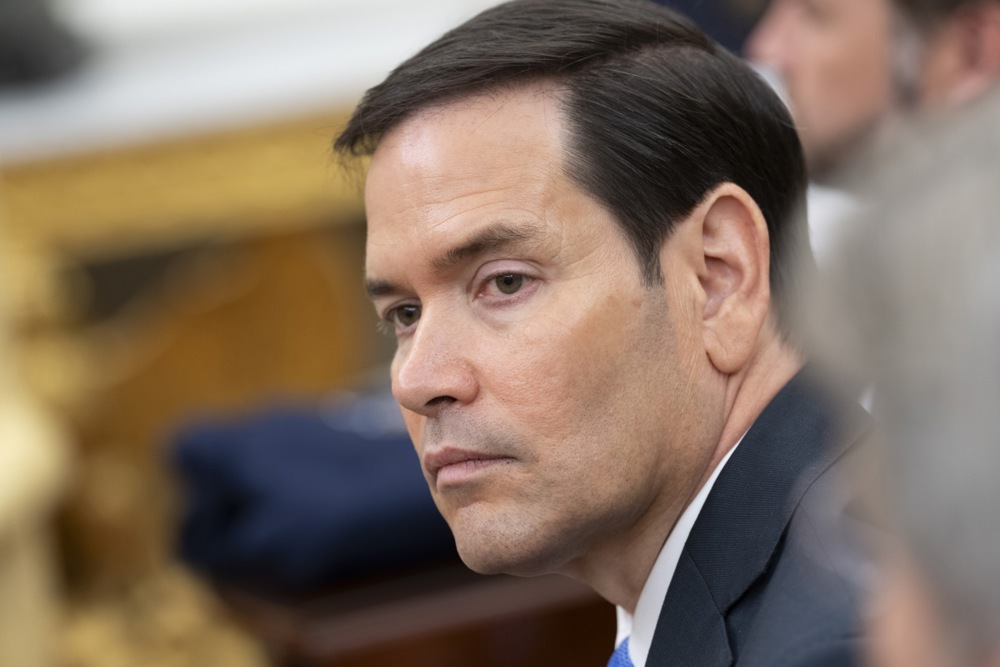Major Spanish associations of judges and prosecutors called for a demonstration outside the Supreme Court on June 28, warning that a strike would follow on July 1, 2 and 3 if their demands were not met.
Their threat on June 17 came with the country’s judiciary on a collision course with the progressive government over controversial justice reforms.
On June 11, the judiciary had held a 10-minute strike to mark their opposition to the reforms.
That protest targeted reforms that would overhaul entry into judicial and prosecutorial careers, replacing competitive examinations with a system based on professional experience and a legally protected scholarship programme aimed at ensuring equal opportunity.
Internal ballots showed overwhelming support for the strike: More than 80 per cent among judges and 94 per cent among independent prosecutors.
In a vote held on June 13, with 873 members participating, representing 60.18 per cent of the total, 87.39 per cent backed the strike. Only two progressive associations declined to support the protest.
The proposed changes, known as the “reforma Bolaños”, included the annual appointment of 500 new candidates over three years, assessed on written expression and ability to apply knowledge rather than through traditional exams.
Any legal professional with five years’ experience could potentially enter the judiciary based on a qualifying report.
Critics argued the reforms would erode judicial independence by increasing political influence over appointments and career progression.
While the government presented the changes as a means to modernise the justice system and broaden access, many magistrates said they feared they would undermine meritocracy and weaken democratic checks and balances.
In their statement announcing the demonstration and strikes, judicial bodies stressed the institutional, non-partisan nature of their action, adding that the July action could be extended depending on how the government proceeded.
The protest would mark one of the most significant mobilisations in recent judicial history.
Justice minister Félix Bolaños said he respected the strike but added, “no matter how questionable the reasons”.
He defended the reforms, calling them essential for transforming the judiciary into a 21st-century public service.
Bolaños claimed they would expand and strengthen judicial careers while safeguarding independence, and noted that there is a parliamentary majority in favour of modernising the system.
Meanwhile, the Spanish delegation of the European Conservatives and Reformists (ECR) in the European Parliament expressed deep concern, warning that the reforms threatened judicial independence and the rule of law.
They said the proposals “pose a serious threat to the independence of the judiciary and the fundamental principles of the rule of law”.
According to the Conservative MEPs, the changes would ” severely undermine the merit-based, transparent, and independent system of judicial selection” and “grant increased political influence over the recruitment and internal governance of judges and prosecutors”.
They called on the European institutions and, in particular, the European Commission to monitor closely the issue.
The EC has been outspoken about judicial reform by Conservatives in Hungary and Poland in the past but much less so regarding the Spanish progressive government.





